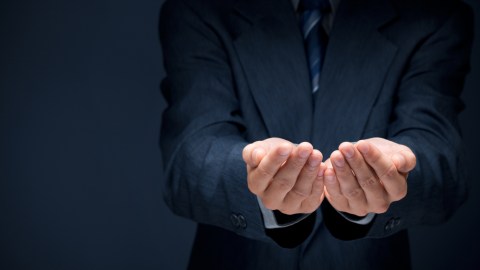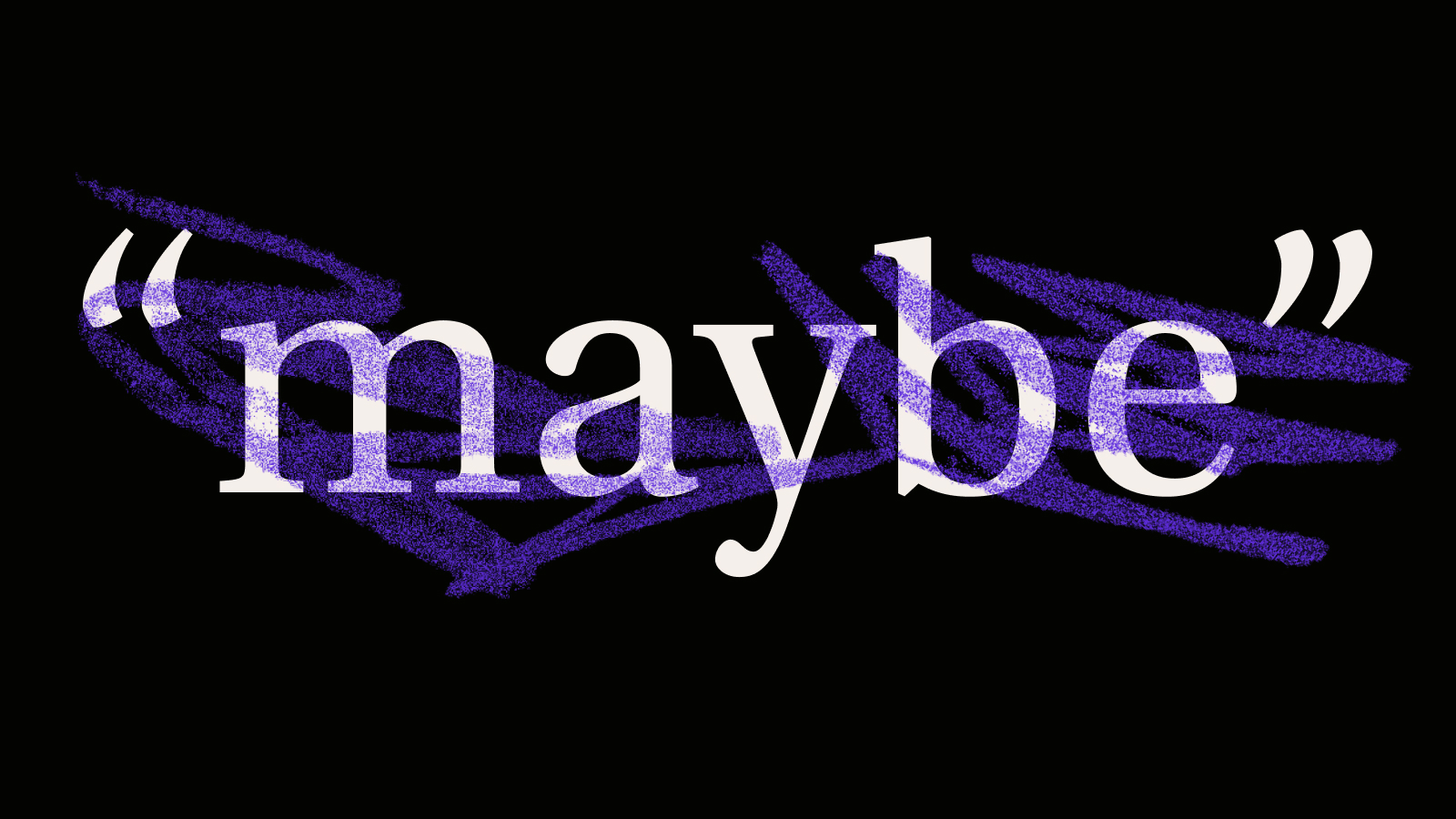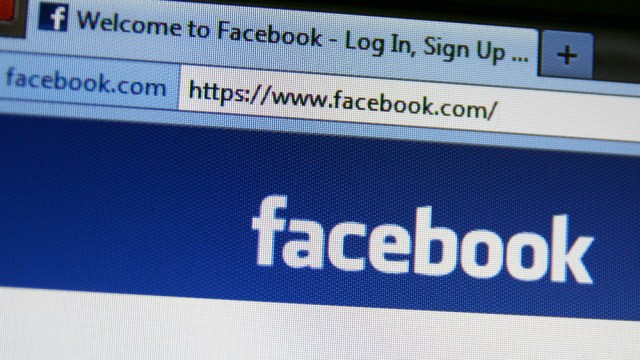The Friendship Bank: Why Even the Most Generous Expect Payback

What’s the Latest Development?
Even the most generous of givers likely expect something in return for their efforts, say sociologists who study the conditions and effects of giving in relationships. “We do want something from friends—emotional support, attention, a hand when we need one. Although we may not ‘keep count,’ we do want to be able to count on them.” David Henningsen, professor of communication at Northern Illinois University, notes that we are likely to feel bad about ourselves when we give and don’t receive in return: “You need to perceive a balance between the costs and the rewards in a friendship or other close relationship, or there will be relational distress.”
What’s the Big Idea?
Scientific studies indicate that those who give more often lead happier and healthier lives. In a recent survey completed at the University of Toronto, individuals who said the led more generous lives also reported a greater sense of satisfaction with life. “So what can you do if you tend to give a lot in a friendship and don’t always get what you need in return? Start by rechanneling some of your giving. Volunteer for charity or help someone less fortunate. You’ll enjoy the benefits of providing help and will be free of the expectation that you will receive something in return.”
Photo credit: Shutterstock.com
Read it at the Wall Street Journal





